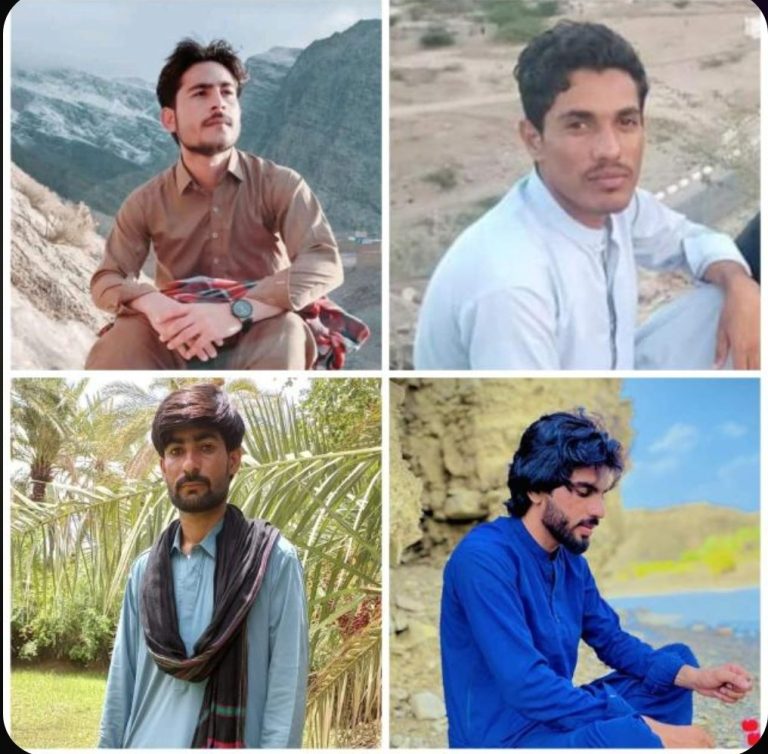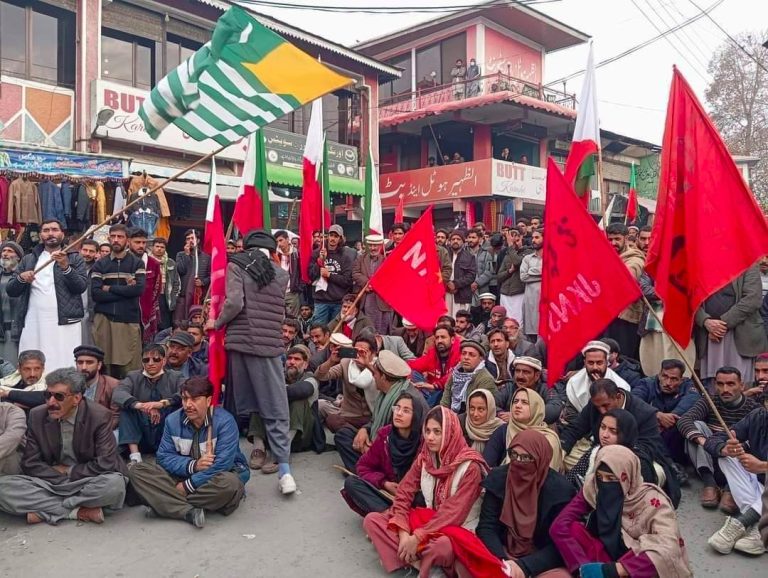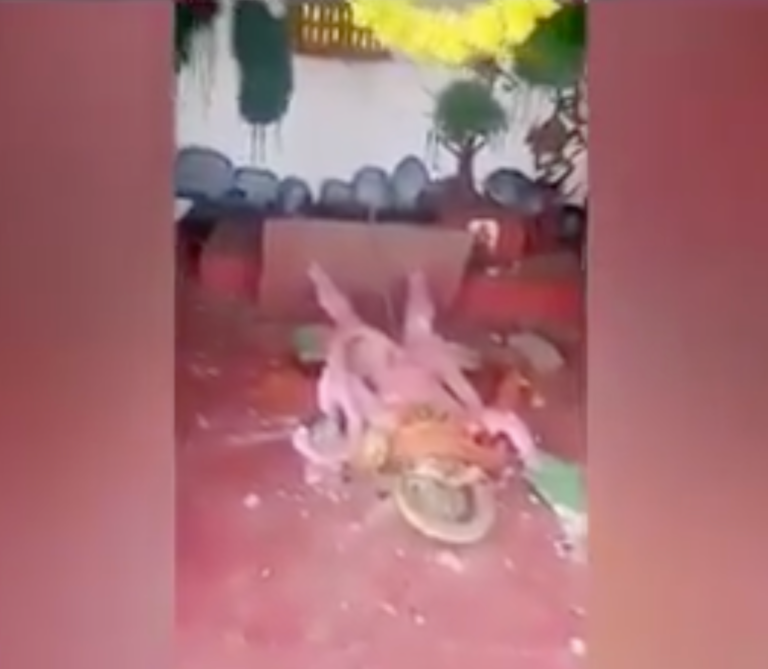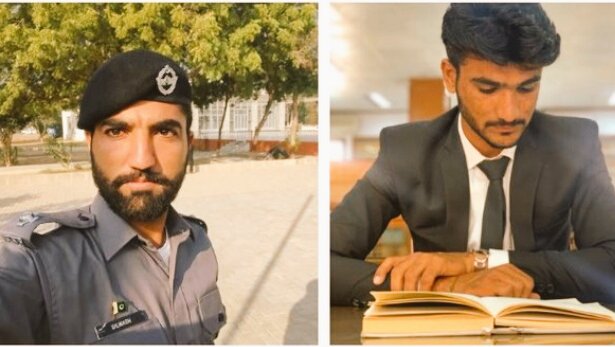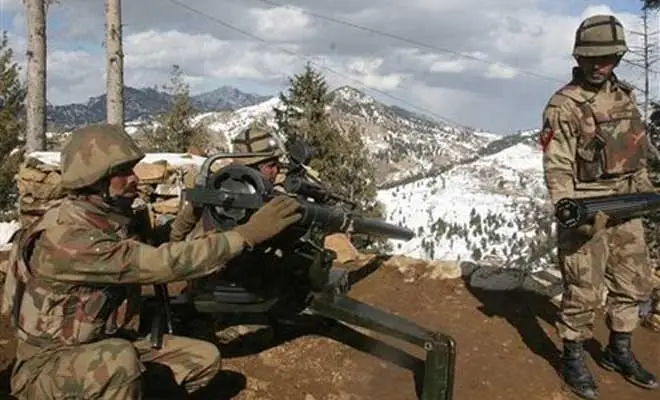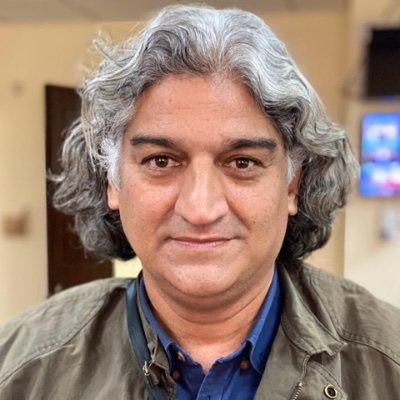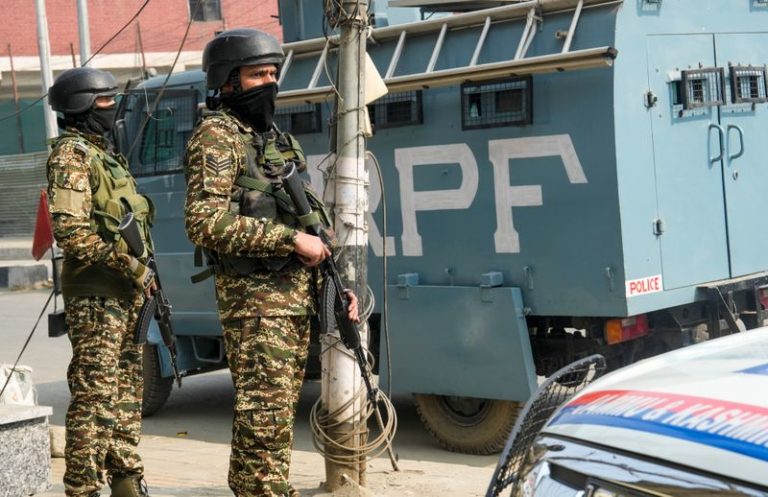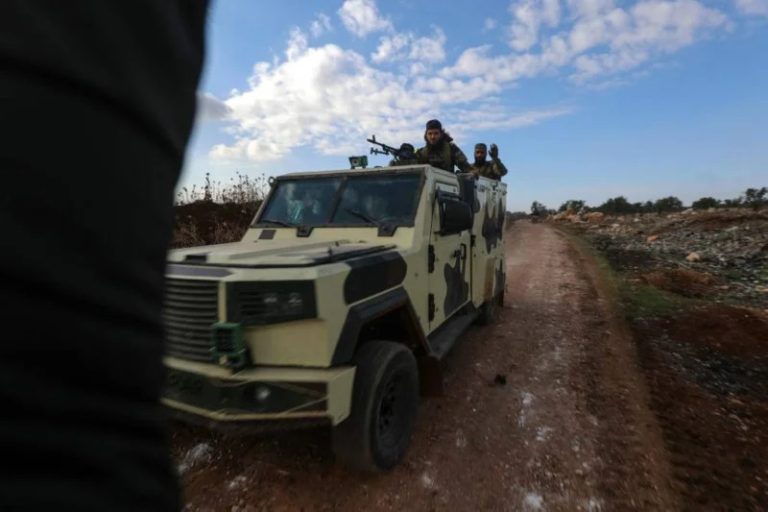When Chinese ambassador Jiang Zaidong publicly declared that its citizens being “attacked twice in only six months,” was “unacceptable,” Pakistan’s Foreign Office reacted by calling this statement “perplexing.” However, it was abundantly clear that Islamabad had sensed the full import of this not-so-discreet warning from its ‘iron brother.” So, Islamabad’s recent announcement regarding a “comprehensive military operation against terrorist organisations operating in Balochistan,” comes as no big surprise.
There’s no doubt that terrorism needs to be dealt with firmly. However, it’s equally important that troops involved in counter-terrorist operations don’t go overboard and act with hatred or vengeance because those who have picked up guns against the state are the soldiers’ countrymen. That’s why professional armies in the world have evolved a code of conduct for their rank and file, and soldiers are psychologically conditioned to discharge their duties impartially and without prejudice.
The human rights record of the Pakistan Army and other security forces under its command however doesn’t quite measure up to expected standards and the reason for this serious shortcoming isn’t too hard to find. Instead of sensitising its rank and file on this issue, the Army hierarchy in Pakistan has instead encouraged creation of an environment that encourages animosity towards their countrymen who have for ideological, political or other reasons picked up the gun.
A Prelude to Atrocity
To further motivate its soldiers, Rawalpindi has even fallen back on Islamic history. In an attempt to downplay popularity of Tehreek-e-Taliban Pakistan [TTP] terrorist group in Khyber Pakhtunkhwa [KP], Pakistan Army chief Gen Syed Asim Munir has given it the moniker “Fitnaal-Khawarij,” a name drawn from an early Muslim group that broke away from mainstream Islam. The idea of portraying TTP as a terrorist group that misuses religion to justify the violence it perpetuates and champions objectives that are un-Islamic is laudable.
Whereas such a depiction can well arouse religious emotions amongst soldiers and make them feel that they are not professional soldiers but ‘Ghazis’ [defenders of the Faith] and thus sanctify excesses against these so-called ‘enemies of Islam’. Similarly, using the phrase “sent to Hell”while referring to terrorists killed is in bad taste for many reasons, especially when it comes from an Army that prides itself for professionalism and military ethics.
First, it’s not humans but our creator who decides the final destination of the deceased and so, the pompous declaration that someone has been ‘sent to Hell’, smacks of arrogance and borders on sacrilege. Secondly, it is universally expected that death should have a very sobering effect on the living and so, even though we may harbour intense hostility towards someone, but once he’s no more, to brag about having sent him to Hell is something that’s downright pathetic!
Enforced Disappearances and Body Bags
Human Rights Watch [HRW] 2011 report contains an interesting revelation that clearly reveals the sordid side of Pakistan Army’s counter-terrorism campaigns. Bashir Azeem, the 76-year old secretary general of Baloch Republican Party [BRP] told HRW investigators that during his “unacknowledged detention” in 2010, a Pakistani official had told him that “Even if the president or chief justice tells us to release you, we won’t. We can torture you, or kill you, or keep you for years at our will. It is only the Army chief and the [ISI] chief that we obey.” [Emphasis added].
Even though HRW is a reputed global human rights watch dog and has no axe to grind with Pakistan yet Rawalpindi will undoubtedly rubbish the God-fearing septuagenarian BRP general secretary’s testimony ibid, so purely for the sake of discussion let’s give Pakistan Army the benefit of doubt and take its denial at face value. However, will Rawalpindi care to explain what exactly its media chief implied in 2019 when while replying a question on enforced disappearances in Balochistan by saying, “We don’t want anyone to be missing, but war is ruthless-everything is fair in love and war”? [Emphasis added].
It’s not only rights groups and activists who are critical of the cavalier ways of the Pakistan Army and its utter disregard for human right violations in Balochistan as facts speak for themselves. If enforced disappearances in Balochistan are merely a myth [as Rawalpindi maintains], then what impelled Baloch women who traditionally remained within the four walls of their houses to come out and undertake a 1,800 kilometer long March from Turbat near the Iran border to the Pakistani capital followed by a sit-in in peak winter?
Defence of Human Rights Pakistan [DHRP] is an independent organisation working for release of illegally detained Pakistani citizens headed by Amina Janjua, a half-widow whose husband was forcibly disappeared in 2005. When all efforts to trace him proved futile, instead of approaching the police or judiciary, Ms Janjua ultimately sought the help of Pakistan Army’s media chief in 2019. If the Pakistan Army isn’t complicit in orchestrating enforced disappearances in Balochistan, then why did the knowledgeable DHRP chairperson choose to specifically approach a Pakistan Army General for help?
Balochistan Burns Again
Pakistan Army’s impending campaign in Balochistan will be a bloody one. While on the one hand Baloch fighters are a determined lot and will fight till the end, the Pakistan Army on the other hand will use every ground based and aerial weapon platform at its disposal to pulverise what it believes are terrorist hideouts. Since it’s not accountable to anyone, Rawalpindi will not hesitate in targeting areas inhabited by innocent civilians. Furthermore, imposition of media censorship purportedly for ‘operational reasons’ will ensure that [like always] news of atrocities committed by the Pakistan Army remain unreported.
How will things pan out in Balochistan once the military campaign commences isn’t very difficult to prognose. Pakistan Army will definitely suffer casualties and in order to keep up its own image as well as assuage public anger it will have to produce dead bodies of the attackers, ensuring that they exceed the number of soldiers killed.
Rawalpindi is also under severe pressure to do something that would placate Beijing, which is enraged by attacks on Chinese citizens by Baloch fighters. The Pakistan Army knows that the easiest way to do this is to create the illusion of having decisively crushed the Baloch separatist movement by producing a surfeit of body bags containing mortal remains of sarmachars [Baloch insurgents] as evidence thereof.
The only problem is that abducting innocent Baloch youth, murdering them in cold blood and then presenting them as Baloch fighters could lead to widespread public unrest but with years of experience, Rawalpindi has already worked out an alternative. More than 2,500 Baloch men have been forcibly disappeared by the Pakistan Army and its intelligence agencies and even we assume that 50 percentage have been secretly murdered, there are still enough Baloch people lodged in secret jails to cater for the requisite number of corpses to cool down Beijing’s frayed temper and public outrage would be an easy job. As such, resorting to rampant abductions and producing their corpses for ‘pushing up’ the number of casualties inflicted by the Army won’t be necessary.
“Dead Men Tell No Tales”
Though repugnant, this endeavour is a win-win situation for the Pakistan Army because dead men tell no tales!
Postscript: Excesses committed by the Pakistan Army against the Baloch people would even make the most stone-hearted squirm with horror and revulsion. In an undated video that definitely predates his short lived honeymoon with Rawalpindi, PTI chief Imran Khan can be heard saying, “Our Army [is] bombing people in Balochistan, how can we bomb our own people, is there any Army [there that] you are bombing? It is our own people with their children, but it is important to understand are we just bombing our people, just think about the sin of bombing villages with the women and children…You are talking about six million people in the tribal areas that are being bombed, their economy has been shattered, they are living in refugee camps, how are they sustaining, and what about the extra-judicial killing that is going on”?[Emphasis added].
This is unfortunately the raw reality of Pakistan Army military campaigns in POB!

